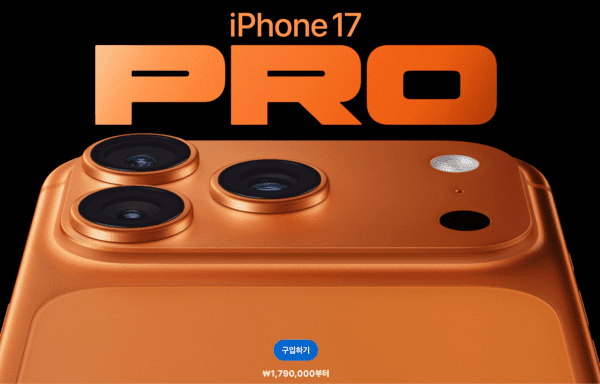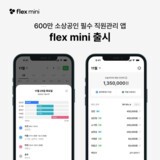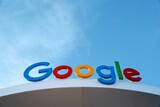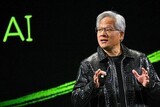Choosing Polish Over Novelty in the Age of AI
Life is full of surprises.

In Korea, the iPhone is now teased as an “old man’s phone.” And once again, the headlines declare: “Apple has no innovation.” It’s a familiar refrain every time a new iPhone is launched. The design looks the same, the features only slightly better. Yet, as always, crowds line up outside the stores. The real question now is: Can Apple pull off the same trick in AI?
Looking back, Apple has rarely been first.
MP3 players, smartphones, smartwatches, head-mounted displays—all existed before Apple stepped in. The reason Apple won was simple: it turned complicated technology into seamless, intuitive experiences. It removed friction so thoroughly that its products felt like they’d always belonged in our lives. AI will likely follow the same playbook. While others chase raw performance, Apple is asking: How do we make this invisible—so natural the user forgets they’re using AI at all?
AI ultimately runs on data.

Here, Apple has a quiet but formidable weapon. iCloud already holds billions of users’ photos, messages, health logs—even heartbeats. More importantly, Apple has built trust. For years it’s repeated the message: “Your information stays on your iPhone.” As AI moves deeper into our daily routines, trust becomes as critical as performance.
Today’s AI is impressive but still clunky.
You open a chatbot window and type in a question—it’s powerful but awkward. Apple’s AI will likely feel different. The Calendar app might reschedule a meeting automatically based on traffic. Photos might organize memories without being asked. The Apple Watch might warn of subtle health changes before you notice them. Not “using AI,” but simply living with it. That’s Apple’s stagecraft.
Of course, there are risks.
In large-scale AI research, Apple trails Google DeepMind or OpenAI. If AI makes a dramatic leap in reasoning or multimodal capability, Apple’s slower pace could backfire. Its walled-garden ecosystem could become a shackle rather than a shield.
Yet Apple’s edge has always been the same:
Polish and trust. Consumers don’t open their wallets because something is new; they do it because they believe it works. Careers aren’t that different. When a colleague brings dazzling new ideas, or when a competitor launches flashy features, what leaders need isn’t speed for its own sake—it’s reliable results. Slow but steady trust, built without missteps, becomes the strongest weapon of all.
The AI battlefield looks like a duel.
Google, Microsoft, Meta, Tesla, and OpenAI brandish their swords like agile young warriors. Apple, in contrast, moves like a seasoned master—unhurried, measured, confident. That composure comes from solid earnings and deep trust.
There is no single right answer.
Failing fast and learning has its merits. So does moving cautiously to avoid failure altogether. Apple, true to form, is simply walking its own path. Some will scoff at the slowness. But in time, polish and trust tend to speak louder than novelty. Once again, the scoreboard may prove Apple right.
The curtain is rising. Will Apple’s deliberate AI strategy prevail this time too?
Seungho Shin, Publisher of KMJ
shshin@kmjournal.net
- [Publisher’s Column] Young Forties and the Satirized Generational Divide in the Algorithm Age
- Apple’s M5 Chip Ushers in the Era of On-Device AI
- “Thin but Pricey”...iPhone Air Fizzles Out with Just 3% Market Share, Faces Discontinuation
- Transparent iPhone Rumors Surge Again as Apple’s “All-Glass” Patent Raises Bezel-Free iPhone Expectations

![[동학] 카카오톡 친구탭, 결국 12월 롤백… “격자형 피드는 선택 옵션으로”](https://cdn.kmjournal.net/news/thumbnail/custom/20251126/5517_10550_1119_1763853080_120.jpg)


![[테크 칼럼] 제미나이3, GPT-5.1을 넘다…AI는 이제 ‘일을 대신하는 시대’로 간다](https://cdn.kmjournal.net/news/thumbnail/custom/20251126/5457_10454_4847_1763621329_120.jpg)



![[낭만 테크 시대] AI 대항해 시대](https://cdn.kmjournal.net/news/thumbnail/custom/20251126/5603_10714_4334_1764121414_160.jpg)

